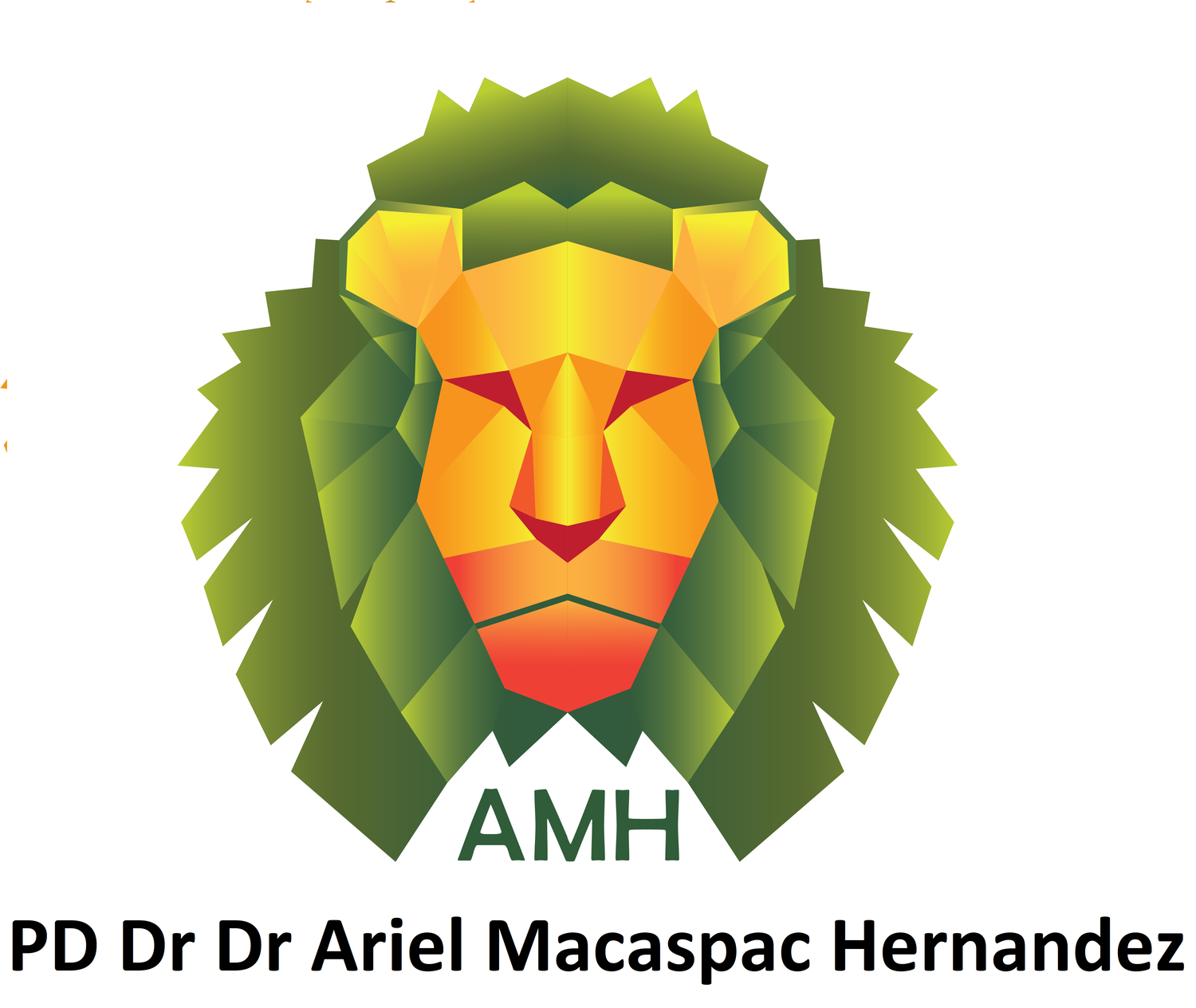What is this “homo curans” project all about?
First, it aims to put faces to the numbers. In scientific research, we are very often so focused on numbers and statistics, that we neglect the value of experiences and life stories. While there is, of course, scientific validity in using numbers and statistics (e.g., objectivity), there is more to discover if we just listen to experiences of struggle, vulnerability, inequality, loss and damage, and also stories of endurance, resilience, solidarity and aspiration. By looking beyond numbers and statistics, we might encounter not only the “alternative realities” that are experienced by individuals and communities, but also ideas on how to fix some of the problems in our current realities.
Second, it aims to reflect on what valid knowledge is and how it can be generated. To date, excellent (scientific) knowledge is deemed to be objective, reliable, internally and externally valid. Many argue that knowledge also needs to be ethical and of societal value. Homo curans argues that there is more. Knowledge also needs to start with (life) experiences of individuals and communities. Scientific questions are often formulated from the perspective of dominant structures, for example in the dominant use of English or Western standards on what constitutes quality research and consensual knowledge. Homo curans explores the potential value of new forms of knowledge inquiry such as self-inscription, biography and stories, first to ask the right questions, and second to reimagine a space free of existing dominant structures and path dependencies in knowledge creation.
Third, homo curans intends to connect self-care with care for the others (societal care), care for nature and care for the planet. There is a clear difference between egotistic or narcissistic behaviour and self-care. An egotist promotes favourable views of themselves regardless of others; a narcissist with limited empathy sees him or herself as the sole source of obligations, truth, law and justice. Self-care on the other hand is empathic and relational. Homo curans holds that the main intention and expression of caring for oneself is care for the others, nature and the planet.
What will homo curans produce from this fellowship?
The upcoming 9-month long TNI fellowship will allow me to explore these ideas. During the fellowship, the following outputs are envisaged:
1) Three chapters of my biographical novel “Homecoming” with supplementary academic reflection for each of these chapters
2) Expanding upon these biographical reflections: literature review on care (focusing on the linkage between self-care and care for the others, nature and the planet)
3) Three case studies on “untapped” agencies of self-care, care for the others, nature and the planet. These will focus on:
a. Football as sphere of belonging for refugees and migrants in Germany
b. Music and noraebang (karaoke) as promoting mental health for youth in South Korea
c. Religious churches and movements as drivers of community-driven poverty alleviation in Kenya
4) A future scenario for a “caring” sustainable development pathway, focusing on the concept of “caring economics” that connects sustainable development, climate protection and care.

